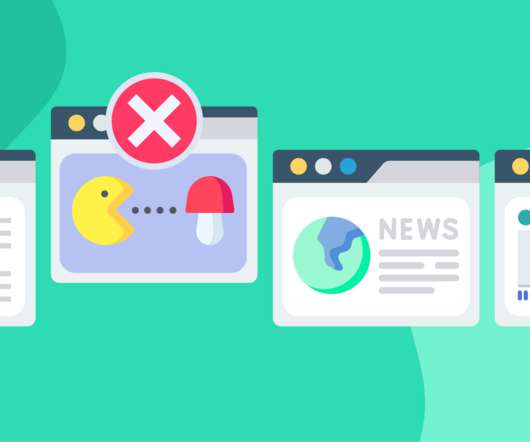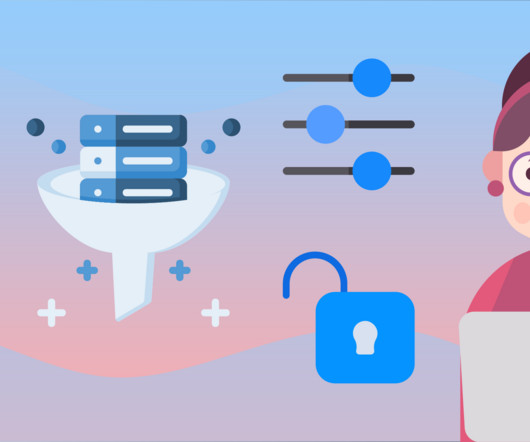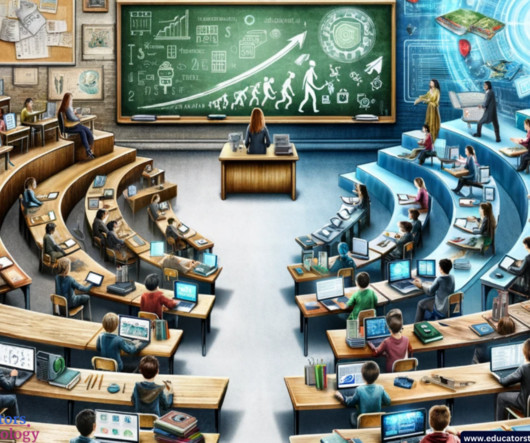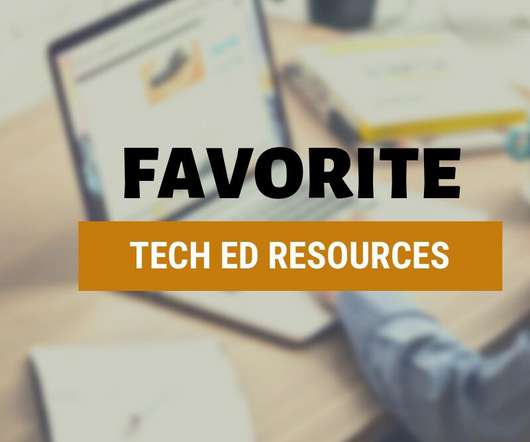How to block websites in K-12 schools
Hapara
MAY 12, 2022
Across schools, students use devices like Chromebooks for learning because it has many advantages. Abide by internet safety laws. The federal Children’s Internet Protection Act (CIPA) was enacted in 2000 and requires schools to have an internet safety policy in place to receive E-rate program discounts.


























Let's personalize your content